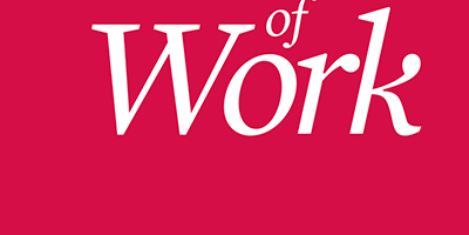June 4, 2020
Wellbeing at work was falling even before the lockdown
 Work has made our wellbeing worse over the last two years, according to new research from the CIPD. A survey of more than 6,000 workers found the number of people saying work has a positive impact on their mental health has fallen from 44 per cent to 35 per cent. Not only does this highlight that employers haven’t done enough to tackle the issue to date, according to the CIPD, it raises concerns about the further impact COVID-19 could have on people’s wellbeing, given many are worried about contracting the virus at work, losing their job or bearing the brunt of other cutbacks by their employer. (more…)
Work has made our wellbeing worse over the last two years, according to new research from the CIPD. A survey of more than 6,000 workers found the number of people saying work has a positive impact on their mental health has fallen from 44 per cent to 35 per cent. Not only does this highlight that employers haven’t done enough to tackle the issue to date, according to the CIPD, it raises concerns about the further impact COVID-19 could have on people’s wellbeing, given many are worried about contracting the virus at work, losing their job or bearing the brunt of other cutbacks by their employer. (more…)





































June 4, 2020
Right, said Fred. Here I am again
by Mark Eltringham • Comment, Technology, Wellbeing